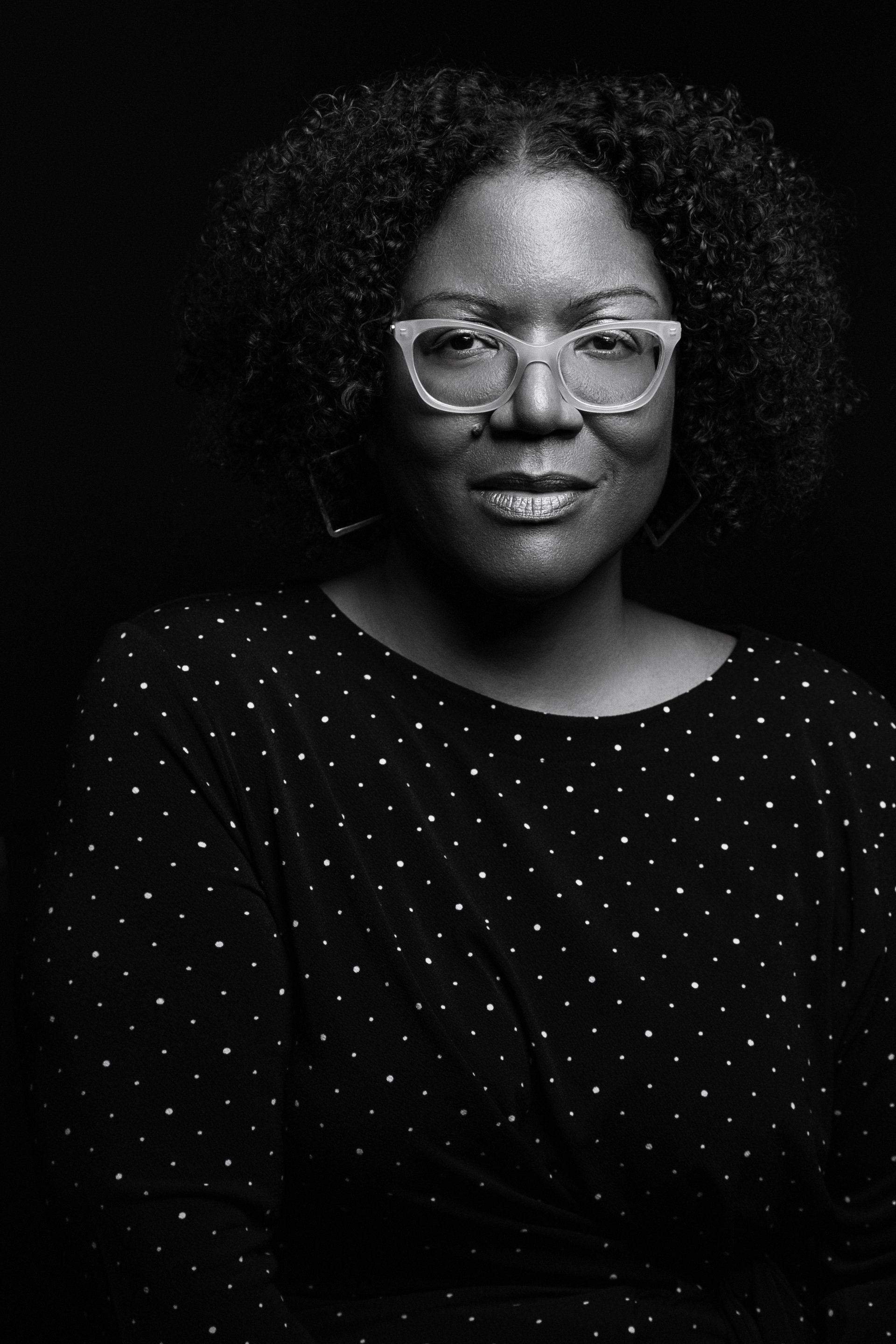Washita Battlefield National Historic Site
for Chief Black Kettle & the Cheyenne People
I. 2016 that journey i was tired not ready for a long drive i live here now my land here now & the cheyenne my new duty as i travel i am afraid carved country in this part of oklahoma my dark skin my kinky hair the worries the ugly tales of travel i am afraid all this to write some short history for peace at the battlefield it’s near evening no one here to guide through the bones i must go alone on one branch a flash cloth bundled a head with no features a jump in grass no further i should take off my shoes where they died i walk down the trail the sounds the horses butterflies hop they intone find that place where you walk this is where we wait woman | II. 1864–68 for years the old ones waiting an old story an old people caution a whisper hope & survive don’t be afraid just wait the world has lasted this long a legacy we rely upon lists of treaties medicine lodge black kettle a kind man suffered power for peace i grieve this man i grieve his wife no words to justify definition in suffering i place my prayers in spirit in a gift a bullet lost in blood pray before it talks to you what a man offered left behind children women beaten by memory the dawn custer’s music the warriors point to trees soldiers there a battlefield quickly leave the offerings for your tongue | III. 1868 memory i must respect i must respect the beginning the beginning the dawn a mourning a hot sun of migration in this place stillness before claiming river through trees & elders surely know broken vowels sand creek counseling quiet faith in life through waiting then a massacre black kettle medicine woman later stop asking me to understand to absolve soldiers no words no words i claim in testimony buried inside a memory it speaks in books it chides the truth calm never lasts i want peace calm never lasts i want peace i can’t forget custer’s music the women sing to children do not forget a massacre remember tend to stories find the words |
Copyright © 2016 by Honorée Fanonne Jeffers. This poem was commissioned by the Academy of American Poets and funded by a National Endowment for the Arts Imagine Your Parks grant.
"At dawn on November 27, 1868, Lt. Colonel George A. Custer and the soldiers of the 7th U.S. Cavalry attacked a Cheyenne village along the Washita River, a village of which Chief Black Kettle was the leader. Most notably, Chief Black Kettle was a 'peace chief' who had repeatedly tried to negotiate reconciliation with the American government, even in the face of all the treaties that had been violated by Americans—and even after a previous massacre of Cheyenne people at Sand Creek on the Great Plains. Over one hundred of the Cheyenne people died in that so-called 'Washita Battle'—including Chief Black Kettle, his wife Medicine Woman Later, and many women and children; those who were not killed were taken as prisoners. For me, there can be no justification for what the American government did to the Cheyenne people that November morning. For me, there was no 'battle'—it was a massacre, plain and simple—and it was important that I translate the tragic syllables of war into a language of sacred acknowledgement of the struggles of Indigenous peoples in this place we now call America."
—Honorée Fanonne Jeffers

